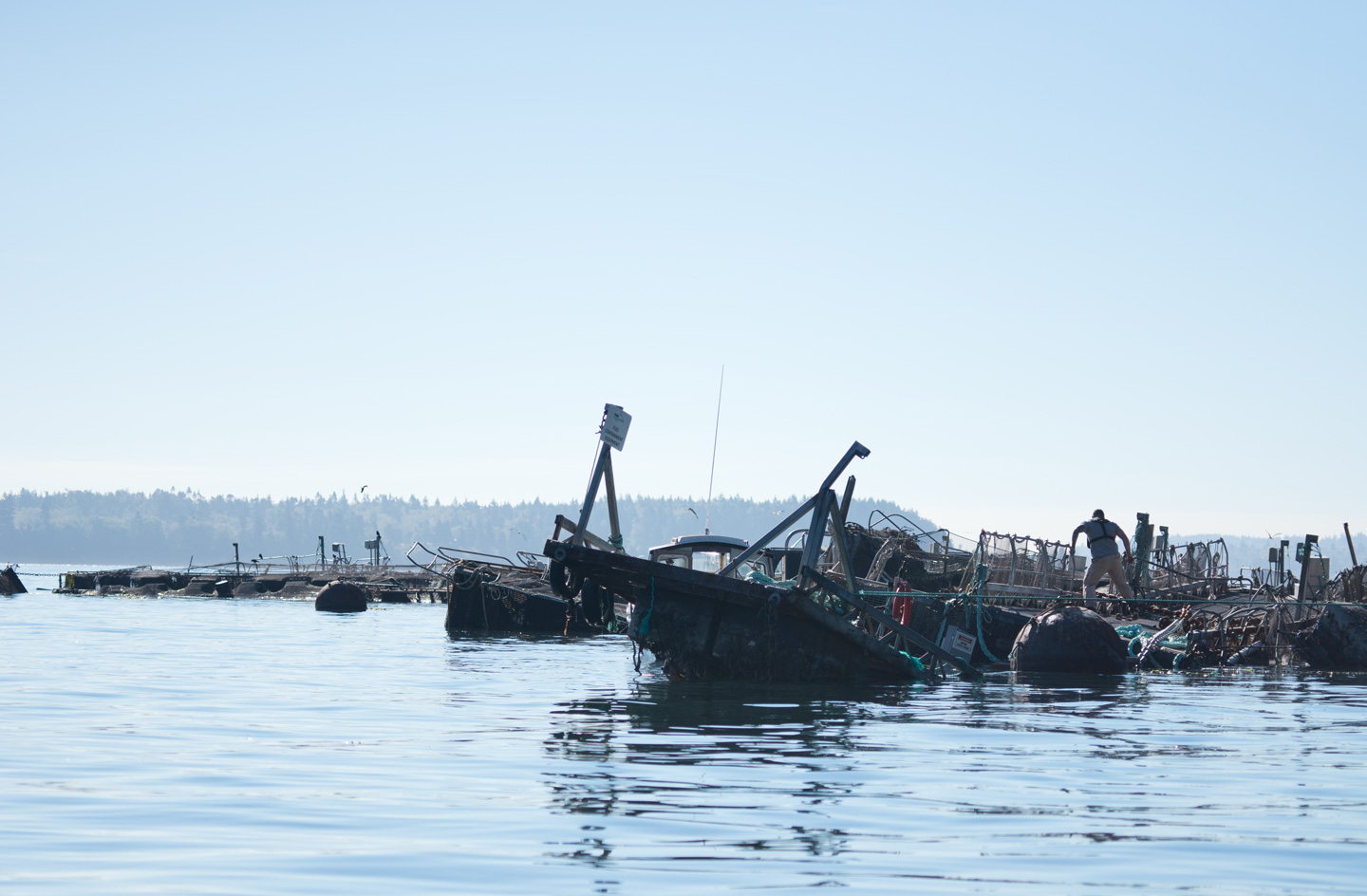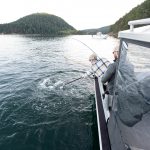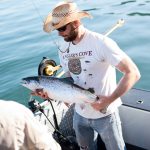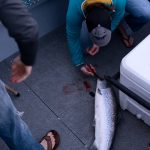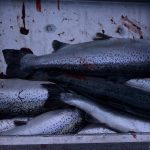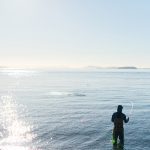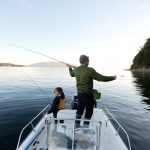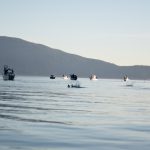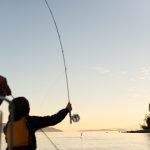Conservation
Net Pen Peril
Atlantic Salmon Invade Puget Sound After Breach
As any Puget Sound flyfisher can attest, the region’s anadromous species, including seriously dwindling stocks of wild steelhead and chinook have taken too many hits over the decades: overfishing, hatcheries, gillnetting the rivers, urban runoff, loss of spawning habitat… And now this, in our own backyard:
At around 4 p.m. on August 19, a net pen owned by Cooke Aquaculture and located off Puget Sound’s Cypress Island breached, releasing upwards of 185,000 invasive Atlantic salmon into waters with federally protected wild steelhead. The company blamed high tides caused by the solar eclipse on August 21 – even though the tides had been higher in July and was well within their predicted range on the day of the escape. Kurt Beardslee, director of Wild Fish Conservancy Northwest, called the escapement an “environmental nightmare.” A spokeperson for Cooke told The Seattle Times, “It’s primarily a business loss. The salmon will be food for the seals and the fishermen can enjoy them.”
This is, of course, a ridiculous response to a serious environmental problem. Cooke Aquaculture plans to increase farmed Atlantic salmon production from 15 million pounds to 200 million pounds, requiring an additional 340 acres of net pens. The WDFW and Cooke encouraging anglers to “just go fishing” is an embarrassment and downplays the damage this environmental mishap will cause.
A spokesperson for Cooke told the Seattle Times, “It’s primarily a business loss. The salmon will be food for the seals and the fishermen can enjoy them.”
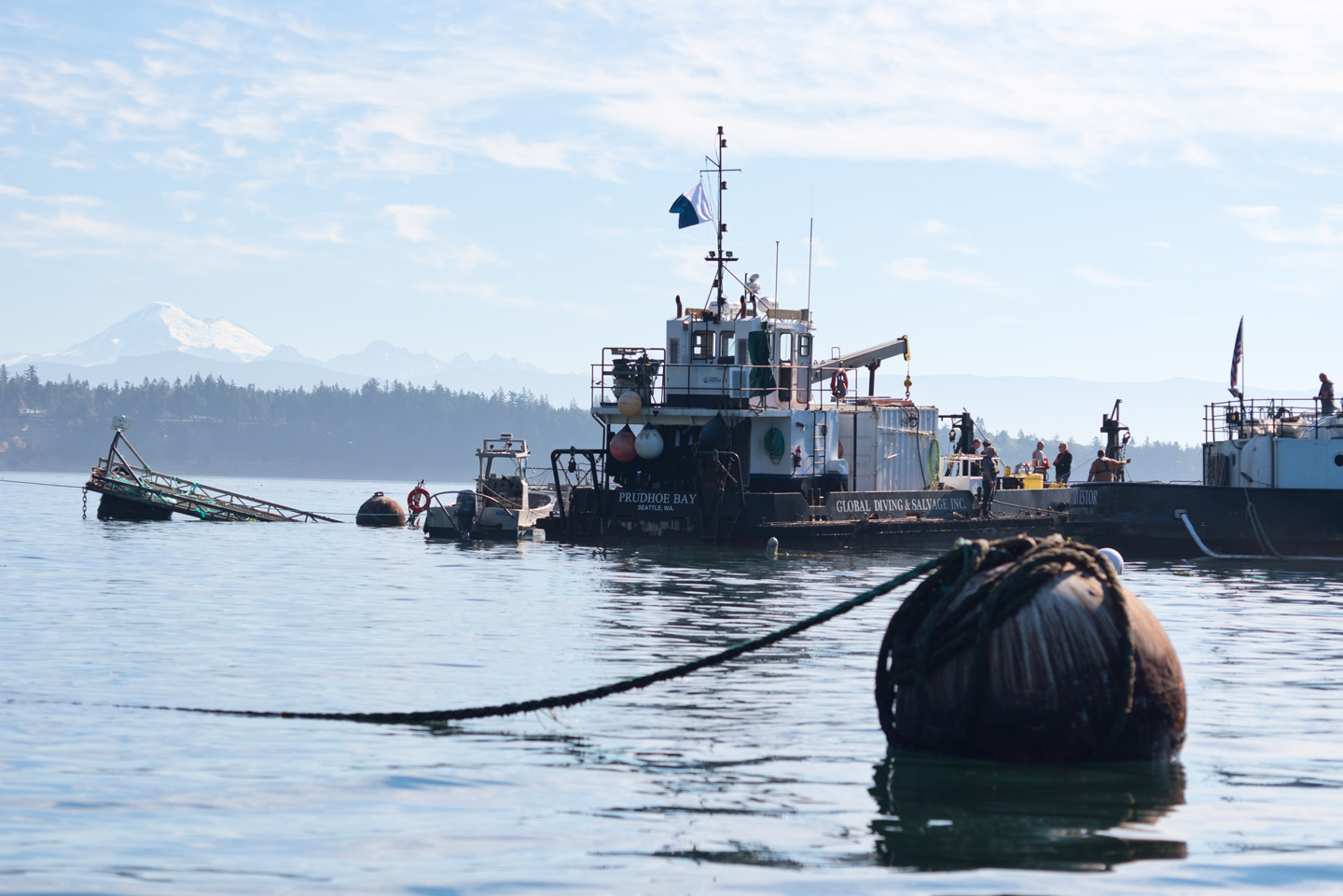
above Workers aboard the Prudhoe Bay, a diving and salvage marine vessel, assess the mangled aftermath of the Cooke Aquaculture net pen failure near Cypress Island, WA, in Deepwater Bay.
Already these fish (and their sea lice) are mixing with and competing against wild salmon in Puget Sound – as well as the Straits of Juan de Fuca and the Pacific. Additionally, there are concerns about disease, intermixing and these non-native fish pioneering Puget Sound and coastal river systems. “The Atlantic salmon bring with them pollution, virus and parasite amplification,” said Beardslee, “and all that harms Pacific salmon and our waters of Washington.”
This is not the first time the region has had to deal with Atlantic salmon escapements. According to a National Oceanic and Atmospheric memorandum, 600,000 Atlantic salmon slipped free from net pens between 1996 and 1999. The fact that Cook Aquaculture narrowly avoided another major escape incident on July 27when one of three net pens in the Cypress Island location broke free from an anchor and needed emergency repairs simply adds to the conclusion that net pens are a peril for wild Pacific salmon in general — and that Cooke Aquaculture in particular is a reckless and unaccountable steward.
Cooke Aquaculture plans to increase farmed Atlantic salmon production in the Puget Sound from 15 million pounds to 200 million pounds, requiring an additional 340 acres of net pens. The WDFW and Cooke encouraging anglers to “just go fishing” is an embarrassment and downplays the damage this environmental mishap will cause.
above A worker navigates the destroyed Atlantic salmon net pen in Deepwater Bay, Puget Sound.
“This is B.S.,” Puget Soundkeeper executive director Chris Wilke, told the Times. “If they can’t be trusted in an accident like this, how can they be trusted to tell the truth in the permitting process?” (As of this time, Washington Governor Jay Inslee has directed the state to stop issuing any new permits).
Every West Coast state except for Washington has banned Atlantic salmon net pens for their negative impact, yet Cooke has plans to expand a net pen site near Port Angeles and install up to 20 more sites in the Puget Sound area. A hearing is scheduled on the Port Angeles proposal on September 7th, and the North Olympic Sierra Club group is holding a free info session on August 29th in Sequim which will feature presentations by Kurt Beardslee of Wild Fish Conservancy and Puget Soundkeeper Chris Wilke.
Additionally, Our Sound Our Salmon and WFC will be hosting a flotilla on Sept. 16th in protest of Puget Sound Atlantic salmon pens. For more information on this event, please visit www.oursound-oursalmon.org
Watch this space for continued coverage.
